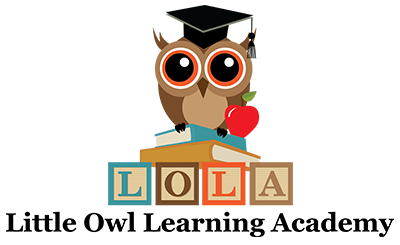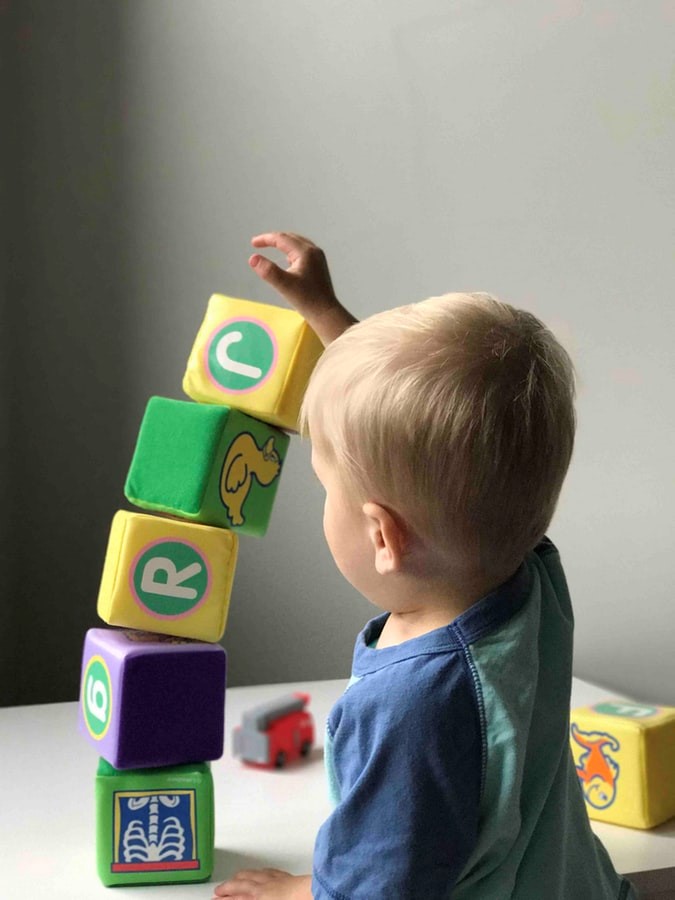A consistent routine is as important for a toddler as it is for any adult. Parents and childcare providers make a schedule in order to plan different activities for certain times throughout the day. With time, children start associating these activities to their routine that helps them anticipate what will and what will not happen next.
Routines and transitions in early childhood affect the cognitive learning and development in children. This makes it essential for routines to be predictable and flexible.
Read through this article to learn the importance of routine in early childhood.
1. Gives a Sense of Stability
Predictability makes children, especially toddlers, feel safe and secure in their environment. As they learn and understand repetitive activities every day, they start interpreting what others expect of them and how they have to respond to different events. The little meaning-making machines in their heads make them more trusting towards caretakers and other people as they feel comfortable and familiar with their environment.
2. Boosts Emotional and Cognitive Development
When infants and toddlers come across unknown changes, anxiety builds up, and they express their discomfort with emotional reactions. Routines help them to get more engaged with their environment and gradually help them become independent as they understand the reason for every transition. They stop throwing tantrums because of an unfamiliar situation and learn to have control over their responses. This learning boosts emotional and cognitive development in young children.
3. Provides Teaching Opportunities to Parents and Caretakers
Regular routines offer infinite opportunities to parents and caretakers to help young minds learn. With the help of simple tasks like washing hands before eating or waiting for their turn to speak, you can teach children about aspects like hygiene and patience. You can also use daily routines to help children understand how they can communicate effectively.
4. Helps Children Learn about Transition
Dealing with transitions can be challenging for young children. Things like going from play to lunch or even going to bedtime, can be difficult for children. Consistent routines make these transitions easier. You can use a 5-minute warning or a song to prepare a toddler for a change in an activity.
Routines have two elements that are essential for growth and development, familiarity, and repetition. Make routines flexible and integrate fun and learning to allow your child to enjoy while they learn!

